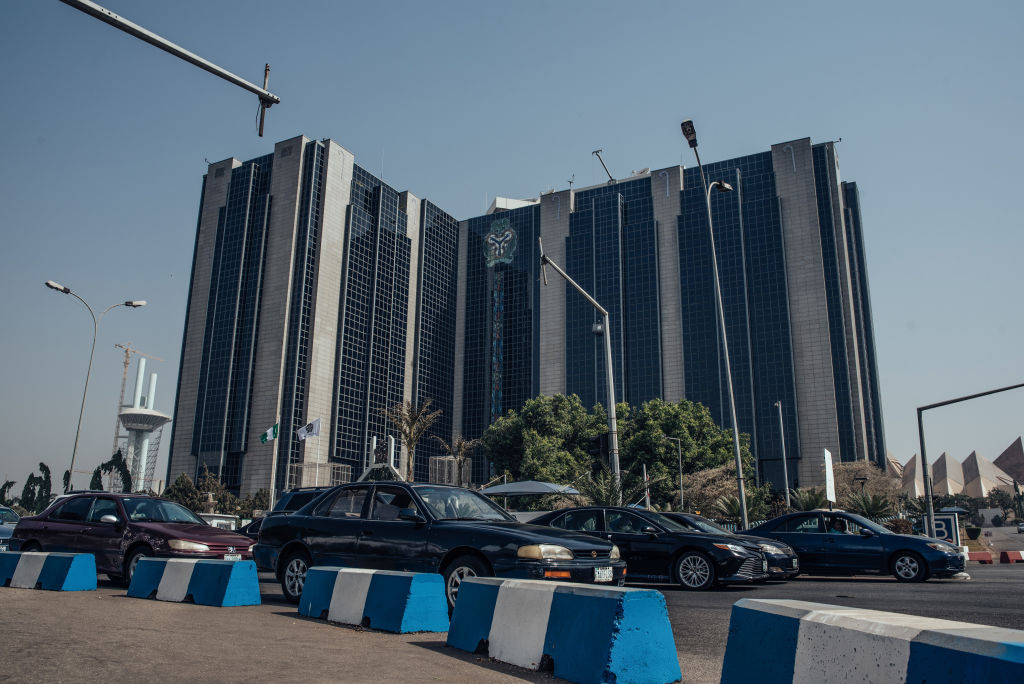At its recent meeting, the committee increased the Monetary Policy Rate (MPR) by 50 basis points from 26.75% to 27.25%, while also raising the Cash Reserve Ratio (CRR) for Deposit Money Banks from 45% to 50%, and for Merchant Banks from 14% to 16%. The Liquidity Ratio (LR) remains unchanged at 30%, and the Asymmetric Corridor at +500/-100 basis points around the MPR.
The Monetary Policy Committee (MPC) of the Central Bank of Nigeria (CBN) has voted to raise key interest rates in a bid to tackle inflationary pressures and boost investor confidence.
Olayemi Cardoso, Governor of the CBN and chair of the MPC, explained the rationale behind the adjustments during a press briefing. “To attract investments into the economy, efforts must be sustained to achieve a positive real interest rate,” Cardoso stated. “This would enhance the economy’s competitiveness for international capital, thereby improving the exchange rate.”
Cardoso noted that while inflation showed signs of moderation in recent months, with Nigeria’s annual inflation rate falling to a six-month low of 32.15% in August, down from 33.40% in July, core inflation remains elevated due to rising energy prices.
He also pointed to the anticipated benefits of the Dangote Refinery, which recently began shipping gasoline.
Loading...
Nigeria’s state-owned energy company, Nigerian National Petroleum Corporation (NNPC), commenced gasoline shipments from the Dangote Refinery in mid-September under a crude-for-gasoline swap agreement. The refinery, located on the outskirts of Lagos, is set to receive 385,000 barrels of crude per day from the NNPC beginning in October. The swap, conducted in local currency, is expected to stabilize transportation costs and ease foreign exchange pressures, according to officials.
The 650,000-barrels-per-day Dangote Refinery is expected to produce enough gasoline to meet Nigeria’s domestic demand, reducing the need for costly fuel imports.
“The committee expressed optimism that the lifting of refined petroleum products from Dangote refinery will moderate transportation costs and significantly support the easing of food price pressures in the short to medium term. This is also expected to moderate foreign exchange demand for importation of refined petroleum products, with a positive spillover on external reserve and improvement in the overall balance of payment position.,” Cardoso said.
Loading...
